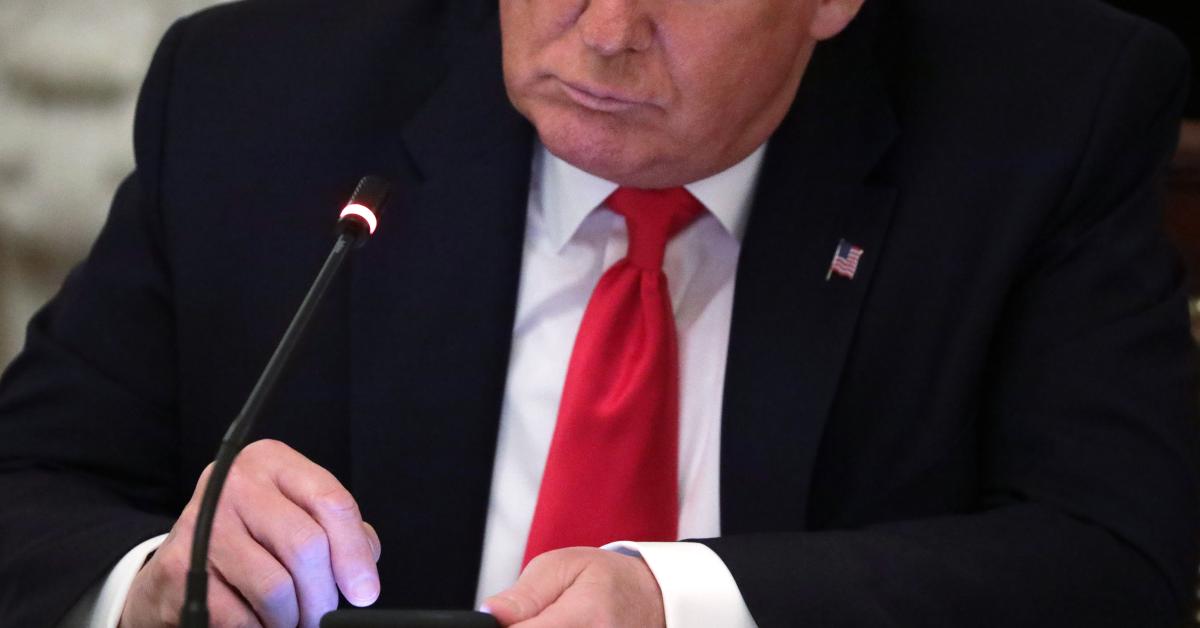The probe, top Justice Department official Jay Bratt told a court, is in its "early stages." The ultimately discredited Russia collusion probe stretched on for nearly three years, even though there wasn't any real evidence of wrongdoing. And that means this case — which involves questions of whether presidential records were wrongly kept from the National Archives and national security secrets wrongly compromised in violation of the Espionage Act — is likely months from any serious resolution.
Here are some of the most important unanswered questions:
1. Did the 45th president declassify the documents found in his home?
Trump's office issued a statement saying the records found in Mar-a-Lago were originally taken by the president from the Oval Office to his White House residence under a "standing" declassification order. If the former president can show that — and presidents have wide latitude to declassify at will without going through the normal process — it could challenge any criminal prosecution under the Espionage Act. "The president can be left with whatever documents on his request that he wants," says former federal prosecutor Kash Patel, an adviser to Trump who believes all the documents at Mar-a-Lago were already declassified. "He's the president of the United States. He's a unilateral, final arbiter of classification and declassification authorities."
Other legal observers think some evidence of a process or proof of the declassification order will be needed to satisfy prosecutors, but all agree every president has wide latitude to declassify what they want, when they want while they are in office. Some legal observers also noted a careful choice of language in the National Archives May 8, 2022 letter sent to Trump's legal team. Rather than call the documents found at Mar-a-Lago "classified" they described the recovered papers as "documents with classification markings," language that leaves open the possibility that declassification may be disputed in the future.
2. Did President Joe Biden have the constitutional authority to waive executive privilege over Trump documents sent to Congress or the Justice Department?
Over the last two decades, executive orders governing executive privilege waivers have fluctuated on this issue. Under George W. Bush, the final decision on executive privilege covering a former president's papers was tipped toward the ex-executive and not the incumbent president. During the Obama-Biden years, the final say was tilted back toward an incumbent president as we covered in
this recent story. That rollercoaster history means any legal challenge will likely look at the Constitution. Biden used the Obama-era guidance to authorize the National Archives to pierce Trump's privilege and send evidence to the FBI this spring.
Imminent release of redacted search warrant affidavit may shed some light on FBI motives, but won't answer all the questions.

justthenews.com



